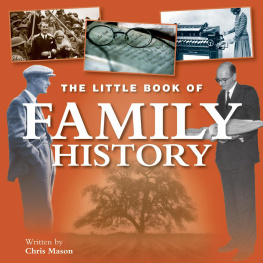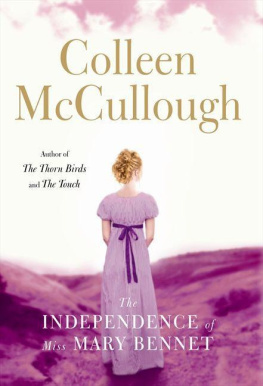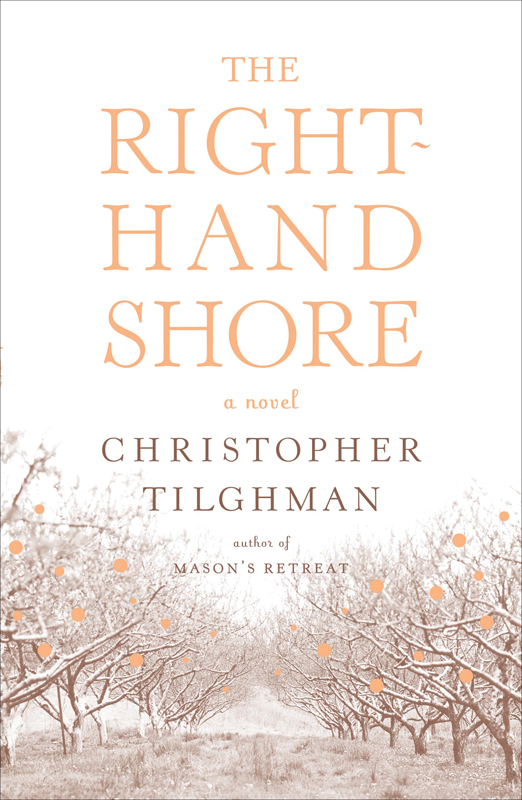
To Caroline, again
sometimes
He scours the right-hand coast, sometimes the left,
Now shaves with level wing the deep, then soars
Up to the fiery concave towering high.
John Milton
Paradise Lost , Book II
Contents
We see Miss Mary Bayly and her distant and much younger cousin Mr. Edward Mason sitting on the porch of the Mansion House on her ancestral farm, Masons Retreat. Edward Mason has crossed his legs; one foot, Mary feels, is poised in order for her to admire his English shoes. There is a bit of mud, or worse (or better, as far as Mary would be concerned), on the left toe. The vast porch is bare except for the two wicker armchairs into which they have settled and the butlers table placed between them, on which his tea, untouched, and hers, unwanted, are getting cold. There is a slight breeze fruited with odors of the Chesapeake: sea grass pollen, clay flats, fish living and dead. It is September 8, 1920, eight oclock in the morning, and the air above the Chester River is clear enough to reveal the rooflines of the watermans village on Kent Island, the silhouettes of the loblollies of Hail Point, the spars and poles of the oyster dredgers. The chairs have been placed so that neither one of them can be distracted by this view.
Certainly, says Edward Mason. Indeed. A very sensible arrangement.
What a fool, thinks Miss Mary. She stares at Edward Mason long enough for him to show discomfort, as if those three empty and useless utterances might have contained the seeds of a bad mistake. His mustache, his flushed skin and red hair, his broad, big-eared, needy Mason face; his grand arrival on the porch where she had been waiting for him. Madam . He thinks he is being courtly, as if what he has learned by watching the men at whatever club he is in will get him everything they got. Well, hes not in Boston now. This place will eat him alive, she is sure of that. Shes seen far better men destroyed by the place. Far better. He has no idea what he is saying, what he is agreeing to. As a Catholic who has spent years of her life trying to emulate the love and tenderness of the Sacred Heart of Jesuswe will learn more about that latershe has a duty to slow him down.
Id think youd want to reflect on it, she says. Im not offering you something without burden. Now she takes a sip of her tea, and though it is cold, it is still spicy, it still flowers on the tongue; this will end all too soon, in dust, eaten by insects. Perhaps youll want to discuss it with your wife.
Im certain shell be thrilled.
And why? asks Mary. Why did he think she would be thrilled? Why did he claim to be certain about the desires of another, especially the desires of a spouse? She met Edward Mason a half hour ago, and already she believes that he thinks of no one but himself, that this wife will not be consulted. Oh, Mary could fill this girls ears, but why bother? She married him; she deserves the life her husband provides.
Marys questions are having, if not the desired effect, then at least an interesting one. The more she pushes back at all his frumperies, the more he takes refuge in them. It is the only hand he has to play; hell dig deeper and deeper trying to undercut her, and hell end up in China before he quits. What does she care? She is dying. She had taken an extra dose of morphine before he arrived, and her pain is dulled enough for her to think it amusing to inflict some on others.
Well, he says, finally beginning to wither a little, to take on this magnificent mantle. He waves around to indicate the surroundingsthis porch on which they are sitting, its red tile floor, white columns; the structure the porch is attached to; high, square rooms and dark mahogany furnishings, the Philadelphia highboy; the lawns and box bush and flower gardens; the farm buildings and implements at the far end of the lane; the people who live there and work there by choice or by default; the pigs, chickens, sheep, and, above all, the prized Jersey cattle; the fields and pine stands and oak groves and tidal wetlands; the rats and raccoons, the fox and deer. Not to mention, hovering above in their timelessness with this landscape in their grasp, the dead souls that Mason knows nothing about.
As in burden, states Miss Mary, insisting on her original word. She wincesa stab of pain from her abdomen. In every conceivable way she has the upper hand with this man, but still, she cannot tolerate the idea that he can observe her pain. Her suffering cannot show; her sufferings have never, ever been allowed to show. She wont let anyone but her servants observe her pain, and only them because it cant be avoided; from their wing, they can hear her howling at night. She lies in bed and bellows like a cow with a calf ripping its way down the birth canal; in her life she avoided that supremely female experience of defeat and surrender, and now this. And though Mary doesnt want her to but needs her, Valerie Hardy comes in, a lamentable angel in black and white leading her way with a candle, and gives her the morphine and strips off her soaked nightgown and dries her diseased body and slips her into something fresh and spreads out as best she can a dry sheet, and Mary cant help it: no relief, no physical pleasure in her conscripted life ever, ever felt better than this warming blossom of morphine and the crisp tang of fresh linen on her skin. Will that do you now, Miss Mary? asks Valerie, and Mary nods, and she hates Valerie for all of this, her own powerlessness in the face of pain, the shame of her nakedness, the ecstasy of her relief.
I certainly wouldnt think of it that way, Edward Mason responds. Responsibility, perhaps. A family responsibility. He coughs into the top of his fist.
There are additional responsibilities, she says. I gather you and your wife are Episcopalians.
Church of England, he says proudly. But really, were all Catholics, arent we?
Mason has clearly been primed for this one and believes this old we are all Catholics dodge is good enough. But we are not all Catholics. The Masons remained true to the Faith even when it cost them dearly. Your forebears did not consider the differences inconsequential. She recognizes that he knows nothing about this history, the history of the Catholics in Maryland. She lets it go, decides to leave as a codicil in her will that in order to take possession of the Retreat, the new owner must convert. It would be no impediment for Mason; hed do it on the way home from her lawyers offices if he could. Instead, she moves to another matter, which will, if she gauges him correctly, cause him to suck in his breath.
The property, she says, is to pass entire and undivided to your oldest surviving son. If you have no son, you may do with it what you like.
He had been engaged in the small matter of Catholicism and was surprised and relieved to hear that the discussion had moved on. My wife and I hope for nothing more than a son.
And second, you may sell or remove nothing other than farm products from the Retreat for a period of twenty-five years. She meets his eye, speaks this quarter-century delay like a prison sentence, right through his eardrums, down his throat.
Edward feels himself being unfairly attacked by this remark. He is not an idiot. He had been the awkward only child of aging parents, an uncertain and unpromising adolescent, and he had done what any animal does in order to survive, which was to make the best of what he had. Hed done all right, navigated Boston society without losing his ambitions, an accomplishment in itself. Hed completed an engineering degree at Sheffield, won a wife whom other men were mad about. He is no fool, even if he seems so to others, and he is not a crook either; at this bright and promising dawn of his life, the last thing he is thinking is that he will ever want or need to empty the house of its contents. Hes assuming success in his affairs. He realizes he is being challenged, and he engages her stare. I would expect nothing but, he says, a small tremor of indignation in his voice. I can assure you that I would seek only to maintain the Retreat in the manner you have done.


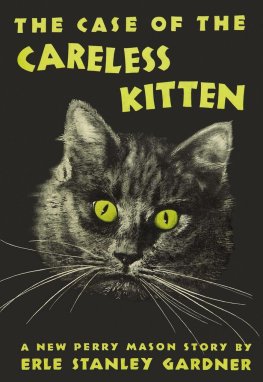


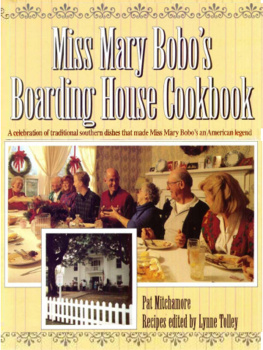

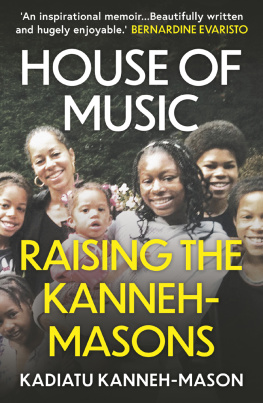
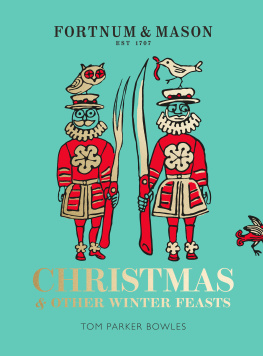
![Amanda Mason [Amanda Mason] - The Wayward Girls](/uploads/posts/book/140005/thumbs/amanda-mason-amanda-mason-the-wayward-girls.jpg)
